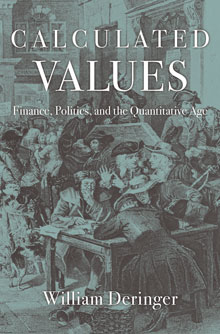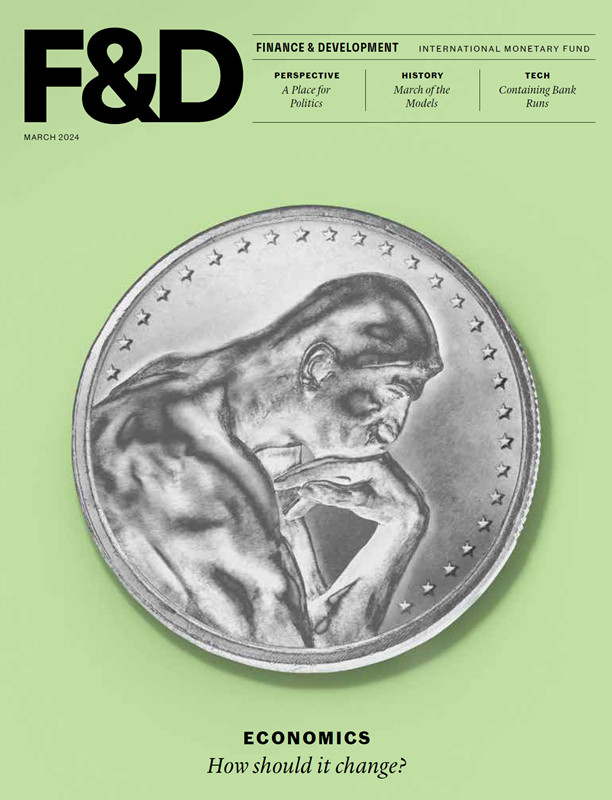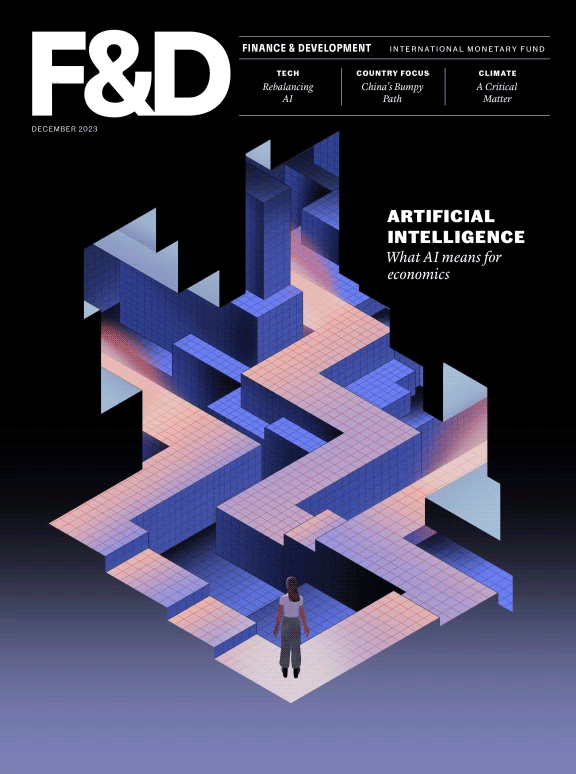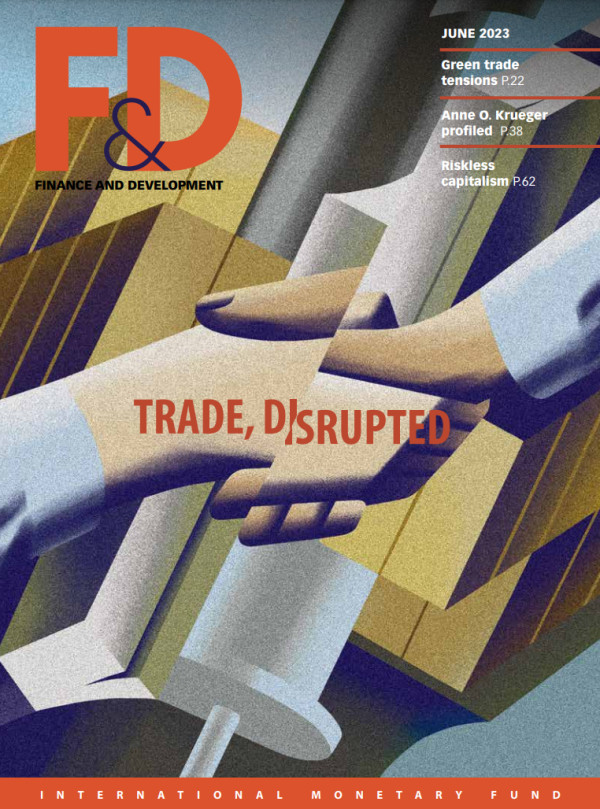The Importance of Data
Calculated Values: Finance, Politics, and the Quantitative Age
Harvard University Press, Cambridge, MA, 2018, 440 pp., $45
Statistics and data are often seen as important but dry subjects. William Deringer’s book on the use of calculated values in late 17th and 18th century Britain challenges this image with a story of remarkable events in which data plays a central role.
The “Glorious Revolution” of 1688 brought William of Orange to the English throne. The subsequent increased authority of Parliament over budgetary measures, the development of a two-party system, and the freeing of the press created an environment in which politically motivated individuals (dubbed “calculators” by Deringer) used calculated values to publicly hold the government and government-supported companies to account. The public use of data in this way distinguished Britain at the time. Calculators competed and challenged each other’s calculations to prove political points. By the 1720s, the government under Robert Walpole increasingly relied on calculators to support policy decisions.
The book focuses on the early 18th century, with its increasingly vitriolic debates over government expenditure, taxation, and debt as well as the trade balance. As the century wore on, the role and authority of data widened from financial and economic affairs to social and geographic settings, including in the British colonies. Indeed, the author considers that the period left its greatest legacy in the United States, with its heavy reliance on quantitative modes of accounting, evaluation, and decision-making.
The book highlights the use of a number of emerging statistical techniques. The South Sea Bubble—a story of asymmetric information, misaligned incentives, and misled investors in a period of financial innovation—showcases the use of plausibility analysis to depict the absurdity of the share price at its height. The story of the “Equivalence” exemplifies the use of present value techniques to make a precise estimate of England’s payment to Scotland at the time of their unification. There are also examples of scenario building, early forms of regression analysis, and the introduction of actuarial calculations. Measures of social happiness emerged.
The competitive nature of the calculators highlighted measurement issues, some of which remain to this day. The measurement of bilateral trade between England and France in a mercantile environment of winners and losers raised issues, as it does today, regarding the recording of reexports, the reliability of reported customs data, and the valuation of goods. Partisan debate over the size of government debt and whether it was increasing or decreasing raised the efficacy of using market value. The calculators also drew attention to the importance of identifying the hidden assumptions behind calculations.
Deringer tells these vivid stories with a richness of research that brings to life not only the events surrounding them but also the many famous characters involved. We can learn from the 18th century debate, he says, by promoting new and diverse computational approaches to stimulate public debate and offset what he fears is growing anti-quantitative sentiment. As Deringer notes, data can often be a tool for generating debate as much as for providing definitive answers.
Opinions expressed in articles and other materials are those of the authors; they do not necessarily reflect IMF policy.









